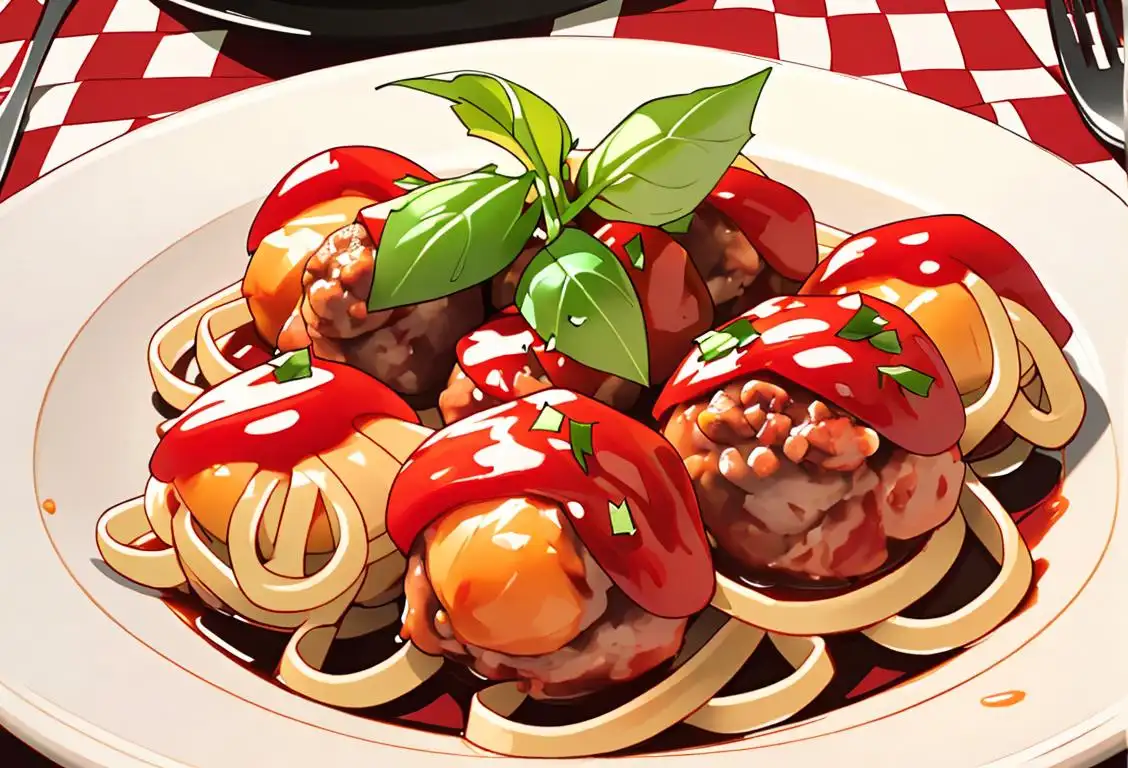National Chocolate Day

Ever had a choco-craving so intense nothing but a rich, melty bar can satiate you? Well, look no further, dear reader. Find validation for your choco-love here, because unbeknownst to many, chocolate does have its very own national day - National Chocolate Day! Yes, you read that right. If you've been scouring the internet to know when you can shamelessly indulge, your search ends here!
When is Chocolate Day?
It's national chocolate day on the 28th October.
A Sweet Beginnings
Our records at WhatNationalDayIsIt.com tracked a whopping 61386 mentions of National Chocolate Day across various digital platforms. You’d think with all chocolate-related crimes people are committing daily, this day would break the internet every year. Yet, nope, we’ve found the most mentions on October 28, 2015. Perhaps that was a year of chocoholics coming together, united by the internet.
The Day of Indulgence
Looking at patterns though, National Chocolate Day celebrates the heavenly decadence of chocolate on October 28th every year. Whether you're a fan of the creamy milk version, the sophisticated dark variety, or the sweetly exciting white one, this day gives you every reason to eat chocolate - guilt-free and generously.
Spreading the Cocoa Love
Typically, chocoholics celebrate by gifting chocolates to family, friends, even strangers, essentially anyone who appreciates the beauty of cocoa! Chocolate-themed parties are not uncommon, with everything from chocolate cakes to chocolate pizzas on offer. Yep, this is the day where Willy Wonka fantasies come to life.
Emoji Etiquettes
Just remember though, when expressing your love for chocolate in texts or tweets on this day, use the chocolate bar emoji, not the poop emoji. They may look confusingly similar but will drastically impact your social standing.
History behind the term 'Chocolate'
2000 BC
Ancient Origins
The history of chocolate can be traced back to the ancient civilizations of Mesoamerica, particularly the Olmecs and Mayans. The ancient Mesoamericans were the first to cultivate cacao trees and use the beans to create a bitter beverage. They believed that chocolate had spiritual and medicinal properties, and it was often reserved for royalty and religious rituals.
16th Century
Introduction to Europe
During the 16th century, Spanish conquistadors discovered chocolate during their conquest of the Americas. They brought the cacao beans back to Europe where it quickly gained popularity. However, the taste of the bitter beverage was initially disliked by Europeans, so they started experimenting with adding sweeteners and spices to make it more palatable.
17th Century
Chocolate Houses and Drinking Chocolate
In the 17th century, chocolate houses started to pop up in major European cities, including London and Paris. These establishments became popular gathering places for the upper class to socialize and enjoy drinking chocolate. Chocolate was often consumed in liquid form, flavored with ingredients like vanilla and cinnamon.
18th Century
Industrialization and Solid Chocolate
The 18th century marked the beginning of the industrial revolution, which transformed the chocolate industry. Dutch chemist Coenraad van Houten invented a hydraulic press that allowed for the extraction of cocoa butter, resulting in a fine powder known as cocoa. This innovation led to the production of solid chocolate, making it more accessible to the masses.
19th Century
Chocolate Bars and Confectionery
In the 19th century, chocolate bars and confectionery became increasingly popular. Companies like Cadbury, Nestlé, and Hershey's emerged and began producing a wide range of chocolate products. Milk chocolate, made by adding milk powder to cocoa, was also invented during this period, further expanding the variety of chocolate available to consumers.
20th Century
Chocolate Innovations
The 20th century brought further innovations in the chocolate industry. The Swiss chocolatier Jean Tobler introduced Toblerone, a distinctive triangular chocolate bar, in 1908. The invention of the chocolate truffle in the 1920s added a luxurious and indulgent treat to the chocolate repertoire. Additionally, chocolate became a popular ingredient in various desserts, pastries, and ice creams.
21st Century
Chocolate Elevated
In the 21st century, chocolate has become an art form. Master chocolatiers create intricate and artistic chocolate sculptures, while gourmet chocolate shops offer a wide range of unique flavors and combinations. The popularity of single-origin and craft chocolates has grown, emphasizing the quality and distinct taste of carefully sourced cocoa beans. Chocolate has also become a medium for social and environmental awareness, with an increasing focus on fair trade and sustainably sourced ingredients.
Did you know?
Did you know, white chocolate actually isn't 'technically' chocolate? That’s right, it doesn't contain any chocolate solids (cocoa powder). Shocking, I know! Hold on while I pick my jaw up from the floor.Tagged
awareness food fun loved ones rememberance nostalgia celebrations chocolate day foodieFirst identified
19th March 2015Most mentioned on
28th October 2015Total mentions
61386Other days
Chocolate Day
Trivia Day
Cheese Lovers Day
Pumpkin Day
Meatball Day
Biscuit Day
First Responders Day
Agriculture Day
Bbq Day
Happiness Day








